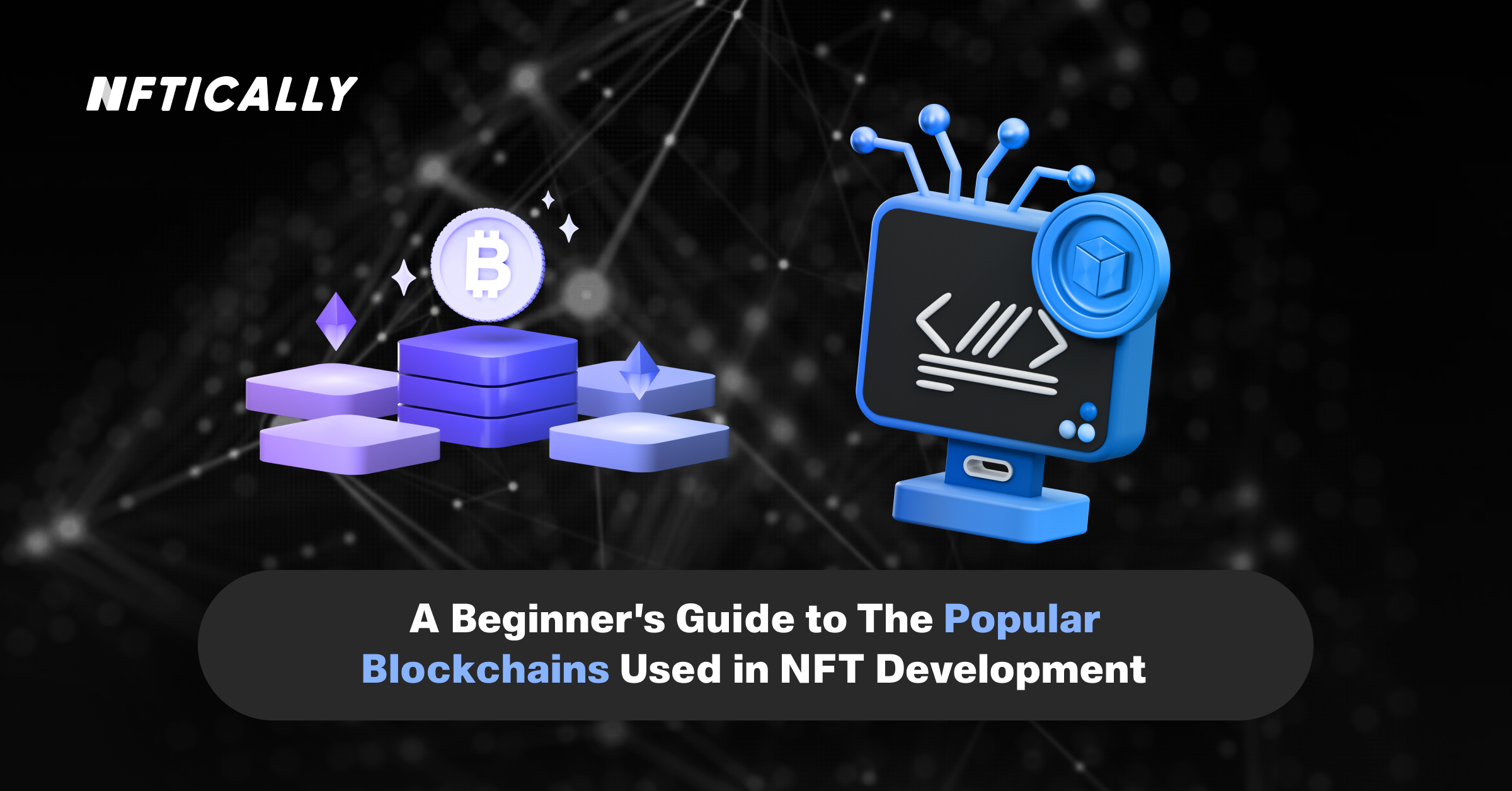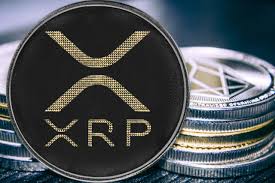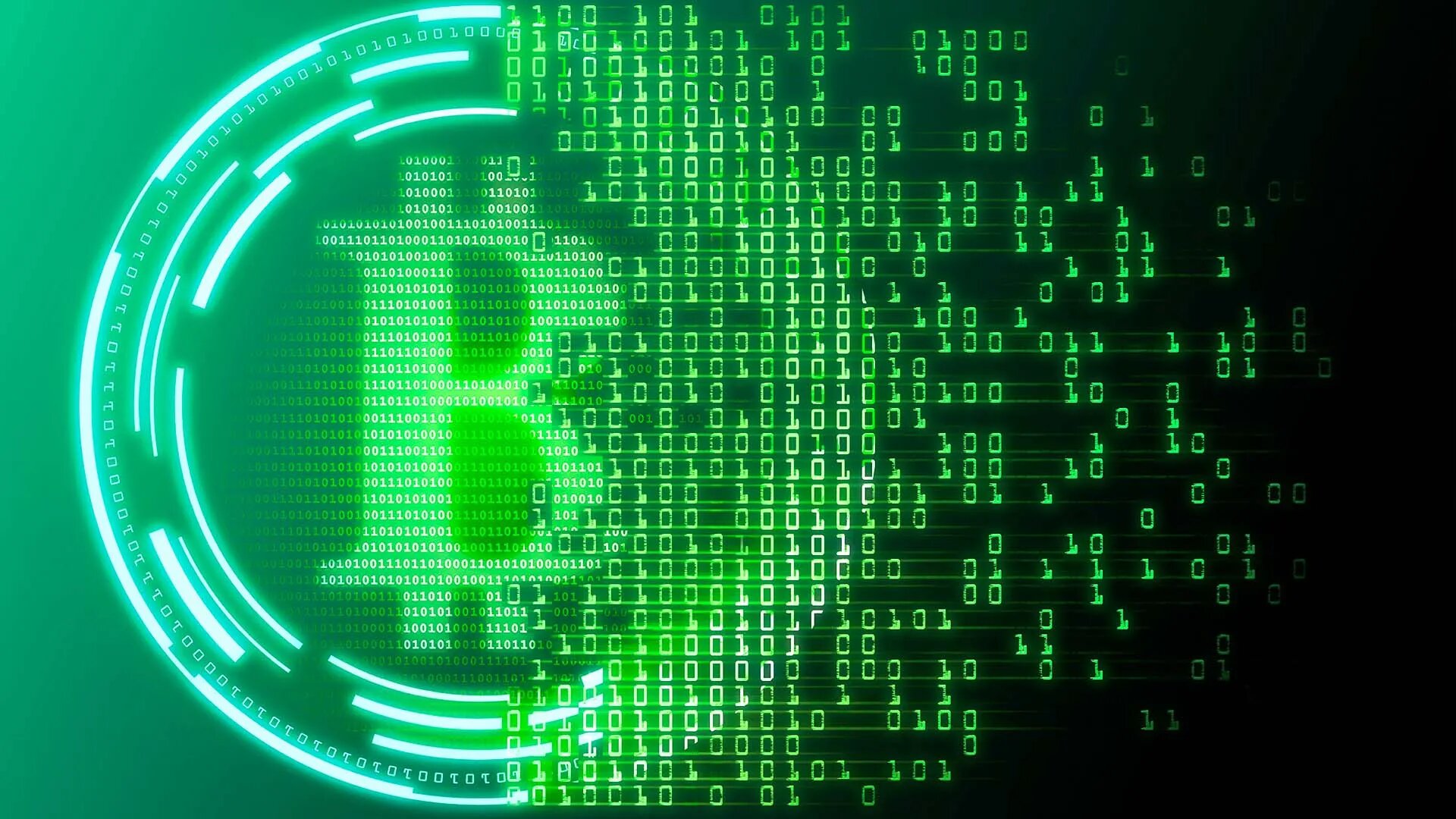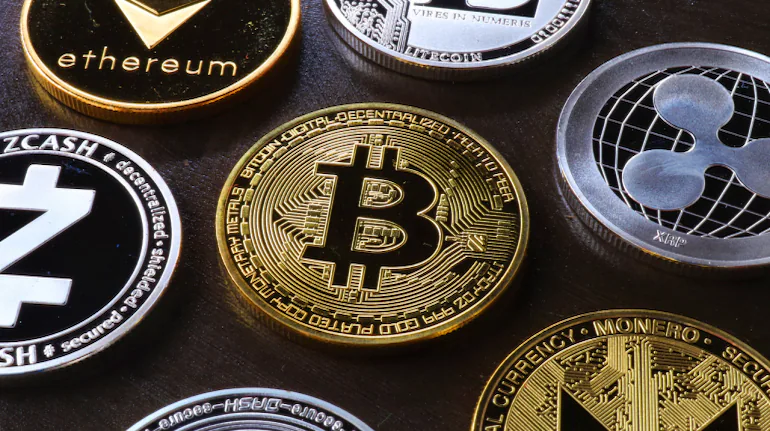How to Launch your own NFT Marketplace in Minutes for Free
Learn how to quickly launch your own NFT marketplace for free. Start selling NFTs in minutes with our step-by-step guide.

The rise of Non-Fungible Tokens (NFTs) has taken the digital world by storm, and many are eager to get in on the action. If you've ever wondered how to launch your own NFT marketplace without breaking the bank, you're in the right place. In this guide, we'll explore the steps to create your NFT marketplace in minutes and for free. We'll also touch on essential keywords like NFT market price, NFT tokens price, best NFT gaming,?NFT price chart, NFT blockchain, best NFT marketplaces, NFT marketplaces, NFTs for sale, and NFT price.
Chapter 1: Understanding NFTs
Before diving into creating your NFT marketplace, it's crucial to understand what NFTs are and why they've gained so much attention. NFTs are unique digital assets representing ownership of a specific item, art, or collectible. They operate on blockchain technology, providing scarcity, ownership, and provenance to digital goods.
NFT Market Price and NFT Tokens Price
NFTs vary in price, with some selling for a few dollars, while others reach millions. The NFT market price and NFT tokens price fluctuate depending on demand, rarity, and the perceived value of the digital asset.
Chapter 2: The Importance of NFT Marketplaces
NFT marketplaces serve as platforms where creators and collectors can buy, sell, and trade NFTs. To understand the market better, it's essential to explore the?best NFT gaming, NFT price chart, NFT blockchain, best NFT marketplaces, and NFTs for sale.
Best NFT Gaming
NFT gaming has gained immense popularity, enabling players to own in-game assets as NFTs. Games like Axie Infinity, CryptoKitties, and Decentraland offer unique in-game items, with their values influenced by the gaming community's demand.
NFT Price Chart and NFT Blockchain
NFT price charts provide historical data on NFT sales and help in making informed decisions when buying or selling. NFTs are secured on a blockchain, making transactions immutable and transparent, ensuring the authenticity and provenance of digital assets.
Best NFT Marketplaces and NFTs for Sale
Some of the?best NFT marketplaces?include OpenSea, Rarible, and SuperRare, which allow creators to list their NFTs and collectors to browse, purchase, and trade. NFTs are available for sale across various categories, from art and music to virtual real estate.
Chapter 3: Building Your Own NFT Marketplace
Now that we've laid the groundwork, it's time to explore how to create your NFT marketplace for free. Here's a step-by-step guide to get you started:
1. Choose the Right Blockchain
Select a blockchain that suits your NFT marketplace. Ethereum is the most popular choice, but there are alternatives like Binance Smart Chain and Flow, each with its advantages and trade-offs.
2. Set Up Smart Contracts
Smart contracts are essential for minting NFTs. Utilize platforms like Ethereum's Solidity or Flow's Cadence to create and deploy your smart contracts.
3. Create a User-Friendly Interface
Design an intuitive user interface for your NFT marketplace. Ensure that users can easily browse, search, and buy NFTs. You can use website builders, UI/UX designers, or hire a development team.
4. Mint NFTs
Allow creators to mint their NFTs on your platform. This involves uploading their digital assets, setting attributes, and minting unique tokens.
5. Implement a Payment System
Incorporate a secure payment system to facilitate transactions. Consider using cryptocurrency wallets and integrating blockchain payment gateways.
6. Promote Your NFT Marketplace
Promotion is key to attracting creators and collectors. Utilize social media, influencers, and partnerships to get the word out about your platform.
7. Provide Customer Support
Offer responsive customer support to address any issues and build trust within the community.
Chapter 4: Monetizing Your NFT Marketplace
To sustain your free NFT marketplace, you can explore various monetization strategies, including:
- Charging transaction fees: Take a small percentage of each NFT sale.
- Premium listings: Allow creators to pay for better visibility on your platform.
- Membership plans: Offer premium features to users for a subscription fee.
Chapter 5: Navigating Legal and Ethical Considerations
Ensure your NFT marketplace complies with legal regulations and ethical standards. This includes copyright issues, taxes, and adhering to community guidelines to maintain a safe and respectful environment.
Chapter 6: Staying Updated in the NFT Ecosystem
As the NFT market continuously evolves, it's essential to stay updated with the latest trends, news, and developments in the NFT ecosystem. Join online forums, follow industry news websites, and participate in NFT-related events and webinars. By staying informed, you can adapt your NFT marketplace to align with the ever-changing demands and interests of your user base.
NFT Price and Market Insights
Stay informed about the NFT market price and?NFT tokens price?by using reliable sources like NFT market price charts and data aggregators. This information can guide your marketplace's strategies and help you cater to the needs and expectations of collectors and creators.
Community Engagement
Foster a sense of community within your NFT marketplace by engaging with your users regularly. Create social media profiles, host live events, and encourage discussions among your users. Building a strong community can enhance the overall user experience and contribute to the long-term success of your platform.
Chapter 7: Future-Proofing Your NFT Marketplace
The NFT landscape is constantly evolving, and it's crucial to future-proof your NFT marketplace to ensure its sustainability and relevance in the years to come.
Cross-Chain Compatibility
Consider enabling cross-chain compatibility to expand your marketplace's reach. As new blockchains emerge and gain popularity, being able to support various blockchains can attract a wider range of users and NFT creators.
NFT Interoperability
NFT interoperability allows NFTs to be used across different applications and platforms. By implementing NFT standards that promote interoperability, your NFT marketplace can become a central hub for NFT trading, regardless of where the NFTs originated.
Environmental Considerations
As environmental concerns related to blockchain technology continue to gain attention, you may want to explore sustainable practices. Implement energy-efficient blockchain networks or consider carbon offset programs to mitigate the environmental impact of NFT creation and trading.
Creating your NFT marketplace for free is an exciting venture, but it requires careful planning, technical expertise, and a commitment to maintaining a thriving community. As the?NFT market price?and NFT tokens price continue to evolve, your platform can play a vital role in shaping the future of digital ownership. So, dive in, follow our guide, and start your journey into the fascinating world of NFTs today.
What's Your Reaction?
















